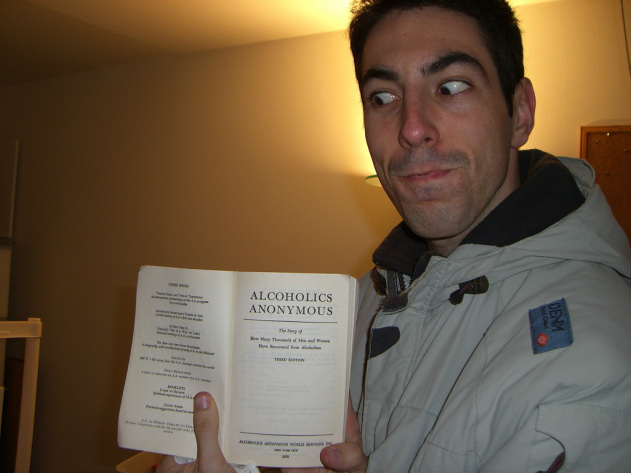
But one thing you probably haven't heard much about is its long-term success rate. Yes, yes, no doubt it's difficult to measure these things, and the tie-ins to residential treatment centers no doubt complicate it.
Nevertheless, various experts have attempted to gauge its long-term success. You may be surprised to learn that the best estimates run from 5 to 15%. Not much of a track record, is it?
And yet, there is a global organization that has, for the last few decades, routinely achieved five-year success rates on the opposite end of the scale. It's called Teen Challenge, but only because of its origins; it's open to addicts of all ages. Here's what one report has to say about its success:
"The last statistically significant evaluation of the Teen Challenge program was in 1975, by the National Institute of Drug Abuse (NIDA). Of a sample of 1968 Pennsylvania Teen Challenge graduates, 87.5% of former abusers were abstaining from the use of marijuana seven years after completing the program and 95% of former abusers were abstaining from the use of heroin seven years after completing the program. In 1994, another study was conducted by Dr. Roger Thompson at the University of Tennessee. Dr. Thompson also concluded that Teen Challenge had phenomenal success. Bicknese's research found that 86% of those Teen Challenge graduates interviewed for his study were abstaining from drugs."
Here and there, I've found reports of other studies confirming these results -- including one by a team of Princeton researchers -- but apparently those managing the purse strings have little incentive to dole out money for evaluating the performance of this remarkable organization.
The reason is obvious: Teen Challenge is Christ-centered. It helps its participants realize where they came from, what they're doing here, and where they're going. It helps them repent and trust in Christ for their eternal salvation. It allows Him to free them from the bondage of drugs and alcohol.
And as a result, the vast majority of them are still clean five years after completing the Teen Challenge program.
Astoundingly, there are those who would rather see addicts crash and burn than be exposed to Jesus Christ. As Sen. Scott Dibble of Minneapolis said last year, his concern is that "too many in the GLBT community can be damaged by the program that he says is 'proselytizing.'’’
He explained: “When a gay person is immersed in an environment like that, they can’t help but think there’s something deeply wrong with them,’’ said Dibble. “Some of those [homophobic] values are inseparable from their approach. It does not work for the GLBT person. . . .It’s fine for those at Teen Challenge to believe what they want, but should taxpayers pay for those beliefs?’’
Well, hmmmm, I dunno. Better to spend the money on locking addicts up, patching them up physically, and, in some cases, burying them?
Apparently so.
Dibble said he understands “faith-based’’ treatment. Those in AA, for instance, refer to “a Higher Power.’’
“But they [Teen Challenge] substitute Higher Power with Jesus Christ,’’ Dibble said.
Horrors!
Better stoned on drugs than fed by the living God, Mr. Dibble? Better self-righteously drunk than Christ-righteously sober? Better dead than born again?
This is a tragedy of eternal proportions. Mr. Dibble and his ilk would be well-advised to heed what Jesus had to say on the subject:
"Therefore if the Son makes you free, you shall be free indeed." (John 8:36)
 RSS Feed
RSS Feed